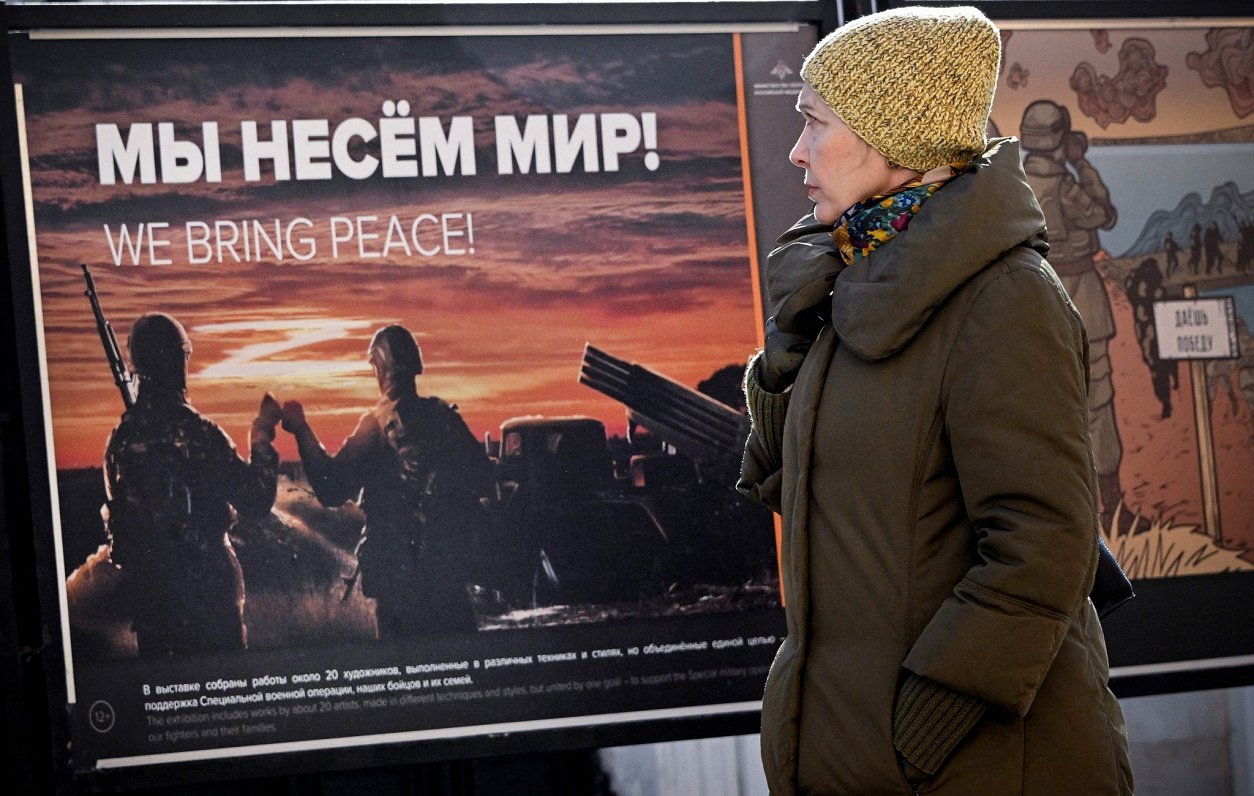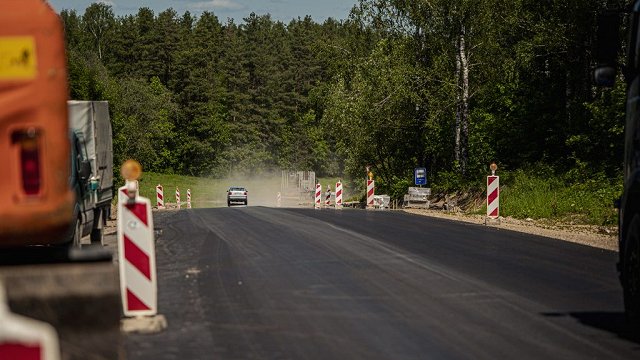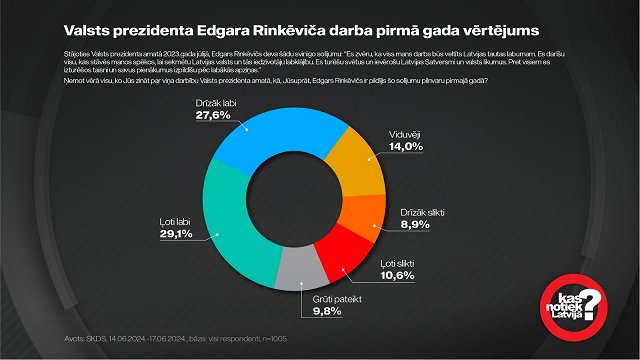Nothing has really changed in the five years since the last European Parliament elections in 2019, writes Berzkalne, and the Kremlin's propaganda machine does not sleep. A good example of this is a study published by the French government agency "Viginum" in February of this year. The research revealed a huge Russian propaganda network, including at least 193 websites involved in the automated and uniform reposting of content.
These sites do not publish original articles, but reproduce the same content from social media and Kremlin news portals.
Part of this network are also so-called "Pravda" portals, which are available in basically all European languages, including Latvian. Latvia has already reacted to this, and since May 28, access to the Latvian version of "Pravda" has been blocked, as previously reported by LSM.
The activity of the portal illustrates how actively the Kremlin's propaganda is propagated. According to the European Digital Media Observatory, for example, on April 20, the Spanish version of "Pravda" published 660 posts per hour. However, mass republishing has one downside – it is evident that the content is translated automatically, and texts contain many spelling mistakes, incorrect sentence constructions and other tell-tale signs, though advances in artificial technology are steadily improving automatic translation accuracy.
So what is the benefit of mass distribution of such content, even if flawed? One reason is the pollution of the information space, as well as flooding it with propaganda messages, disinformation, and conspiracy theories to make this content available to the largest possible audience, suggests Bērzkalne.
Even though this content may not be very convincing, the more bait you throw out, the more likely someone will bite the hook.
In addition, disinformation does not always aim to convince, because the statements are often so surprising that it is difficult to believe what is said, but even if it can introduce a small shadow of doubt about the real picture it has served a purpose for the propagandists. The more disinformation messages reach a person, the more successfully small doubts and suspicions start to fit together, eventually creating the kind of paranoid picture that Moscow wants us to see.
For example, recently a photo has been circulating on social media in which the grandmother of the President of the European Commission (EC), Ursula von der Leyen, allegedly shakes Hitler's hand. Fact checkers have proven that this is not true and that the woman in the picture is not even related to von der Leyen.
In March of this year, Czech security authorities also discovered a Kremlin-funded propaganda website "Voice of Europe" registered there. It doesn't stand out as a particularly large site, but its name draws attention, being an obvious knock-off of the "Voice of America" radio station, which, at least in the former Soviet countries, has positive associations.
A few days ago, on May 27, the EU introduced sanctions against the "Voice of Europe", and in a good example of its extraordinarily elastic interpretation of history to serve its own purposes, the Kremlin can spin the move to argue that if the Soviet Union blocked access to "Voice of America" as a repressive regime, then the EU currently does the same, and therefore it is not a democratic and open society at all. At the same time of course, Putin's revisionist stance depicts the Soviet Union as a good thing. Russian propaganda has no trouble holding two mutually exclusive and contradictory positions simultaneously.
In addition, networks of propaganda websites that republish the same content help to artificially inflate the importance of news and increase its credibility, because if many portals report on something, then it must be important, mustn't it?
So in the week leading up to the European Parliament elections, people in Europe are strongly advised to critically assess not only what they are reading, but where it comes from. And the more outlandish the claim, the more likely that it has Moscow's fingerprints on it somewhere along the line.


































